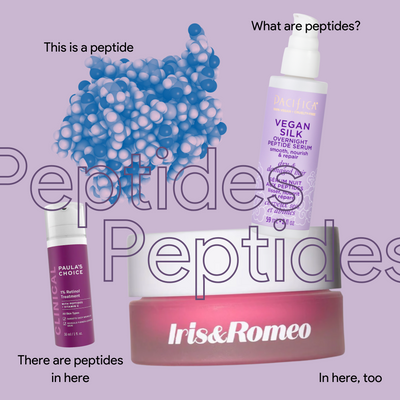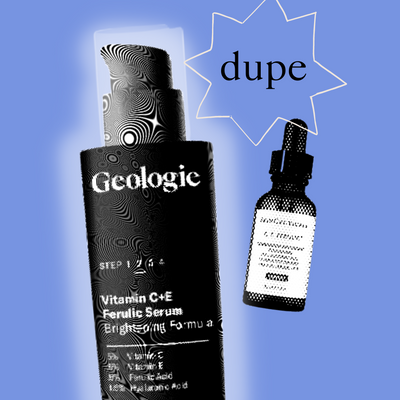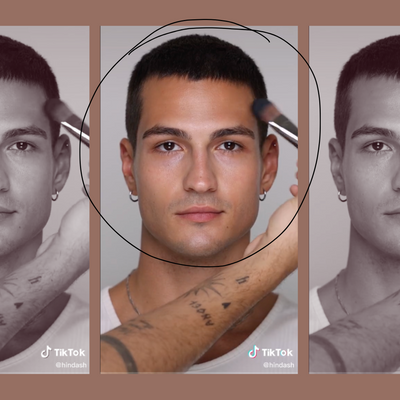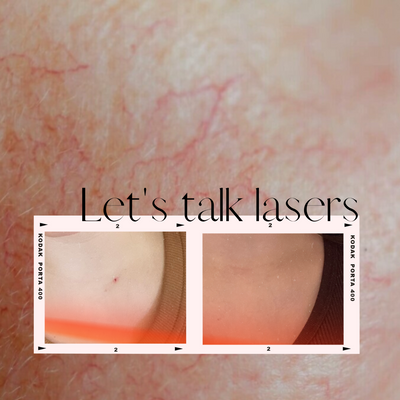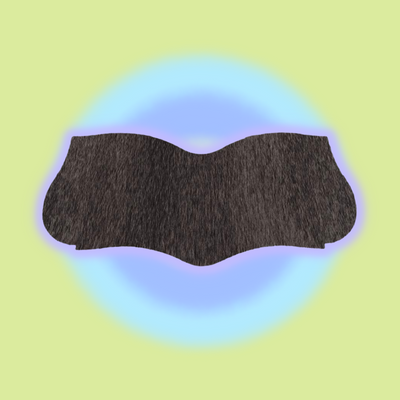
Skin feeling, well, isolated from the world? We hear ya. With quarantine and self-isolation rules having changed our lifestyles, we’re discovering how to cope when stuck indoors. This applies to your skin. With so much stress, indoor pollution, lack of sun or Vitamin D, it’s going through a lot. How do you stay afloat with dewy skin when you’re feeling dry AF inside? How do you breakup with breakouts when you’re staying in closed quarters? How does your skin thrive while isolated? Bookmark this series – it’s all going to be okay.
I think we can all agree we’re overindulging more than usual.
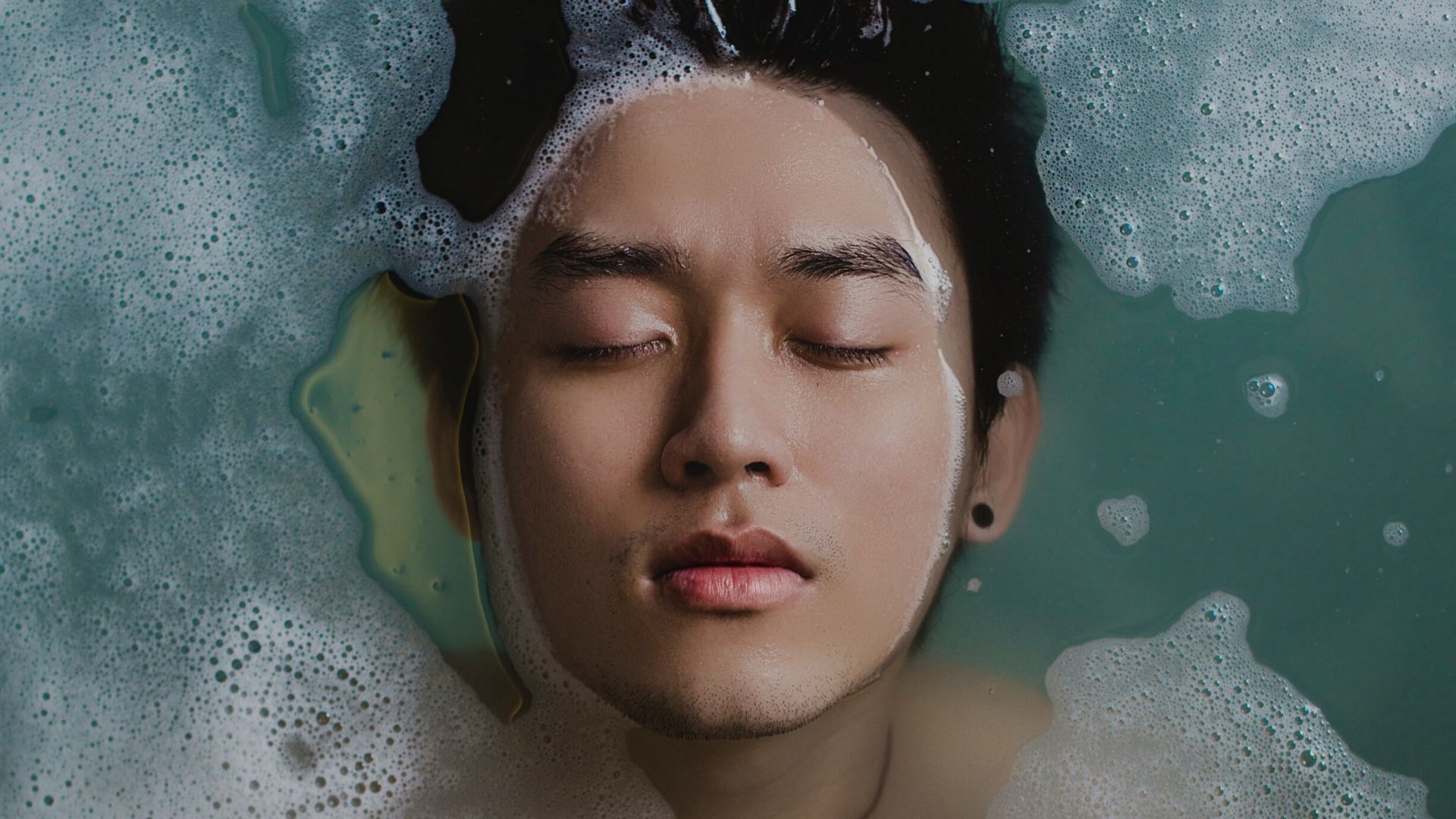
It’s no surprise there’s been a recent spike in comfort foods sales. You may have noticed your skin has changed and while due to a variety of things (thanks, quarantine) diet and indoor air pollutants are playing a bigger factor than we realize. If you’ve felt a need to grab processed foods and refined sugar, dairy, anything fried, you’re not alone. Why? Because they’re easy and comforting in a time when it feels like we don’t have much. So how does this affect your skin? In lots of ways, says Dr. Lamees Hamdan, founder of Shiffa and DL.MD. The dermatologist and entrepreneur tells us that skin health starts with what you eat. Dr. Hamdan says these things are what to be mindful of.
SEE ALSO: How I learned to go with my gut – literally
Coffee
WFH seems to be requiring more coffee than we usually need. A cup here and there eventually adds up and by 5 p.m. we’re wired. Unfortunately, caffeine is a natural dietetic that can quickly cause dehydration. But also, excessive consumption of caffeine has been linked to stress – and stress can often cause acne.
When we’re stressed, our body produces a hormone called cortisol. If we have a big day at work or a ton of assignments to get done, our instinct is to load up on caffeine to help us get through it. And all this extra cortisol signals to our body to pump more insulin, making excess oil production and increasing inflammation.
Bottom line, avoid more than a cup of coffee a day. Especially now when stress levels and emotions are running high.
Dairy & Sugar
Typically, the results of consuming too much dairy and/or sugar are excess production of oil and inflammation. Many times, individuals who experience cystic acne react heavily to dairy & sugar consumption due to their inflammatory nature. Consuming too much of either can also lead to minor signs of aging and dullness. We love a good after-dinner treat but not when it could be a contributor to these quarantine under-eye dark circles or grumpy looking complexion.
Alcohol
Much like coffee, alcohol will dehydrate you fast. But, alcohol comes with its own set of problems too. Besides dehydration, your skin may become red and blotchy from one too many drinks. Conditions like eczema and rosacea are known to be triggered when you consume too much. Drinking water consistently after a night of drinking will help you put moisture and oxygen back into your skin.
Dr. Lamees says our skin thanks us when we eat a diet full of fruits and veggies. If we make the choice to add in a few cookies or extra servings of pasta, we should be making sure we add in foods to counterbalance. Things like avocados, nuts, berries, eggs, turmeric, and green tea are all great to add into our diets to counter any inflammatory foods and acne-provoking foods.
Improving our indoor air quality
Who knew a walk to class or to work was doing wonders for our skin? Suddenly, we’re spending a lot more time indoors. Some of us just aren’t able to get out as much as others. But when you have the chance to fill your time by getting outside, by all means take full advantage.
Dr. Lamees noted the air quality within our homes is not nearly as good as the outdoor air quality for many reasons. One being the humidity levels within our homes but also, we have lots of things in our spaces that inhabit allergens and pore congesting particles.
It’s time to invest in our indoor air quality. The main reason being our physical health but also to help our skin and calm our minds. Dr. Lamees recommends buying a humidifier or finally using that one you have laying around.
Essential oils work.
Her best tip is to add in a blend of essential oils that will help destress you. Lavender and chamomile are the perfect choice for de-stressing and clearing the mind. And rosemary can offer antiviral benefits and a sense of clarity. Taking some time to meditate next to your humidifier is helpful as well. Opting to meditate and take in a moment of calm will decrease your stress levels and actually raise your immunity.


